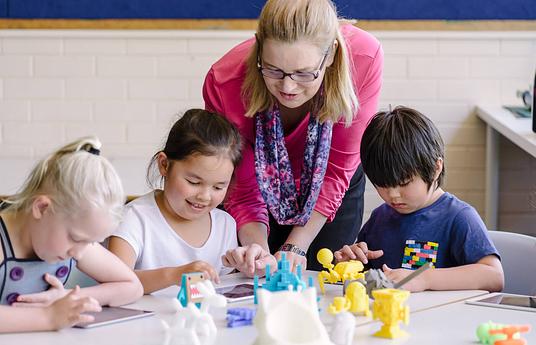In 2017 we created the Global Sky Partner programme, with the goal of matching our professional level telescopes with high-quality educational programmes. The key driver is to make these resources available to groups and individuals who would not normally have these kinds of opportunities. Together this partnership has had a far greater reach than we could have alone.
Our Global Sky Partners run programs using robotic telescopes for long-term studies of asteroids, teacher training, student mentoring programmes, inspirational space outreach events, in-depth investigations for journal publication, training for the next generation of scientists in the developing world, and citizen science.
Each year we host a competition for educational projects using the Las Cumbres Observatory global network of robotic telescopes. The programmes with the best educational goals, support, and are most inclusive to diverse audiences are selected.
Each partner develops a program for a specific target audience, with educational and technical support built in, using LCO's robotic telescopes to leverage their own talents and resources. As we add more Global Sky Partners, the user community grows but so does the support community. The partners support their users, but the partners also support each other at monthly forums. Making the programme highly sustainable.
In our 2020 cohort, which ran from December 2019 to August 2021, we supported 29,300 individuals directly and a further 37,000 indirectly:
4,300 direct and 37,000 indirect - School workshops and training programs
600 direct - Student research projects and student mentoring projects
24,400 - Citizen Science
From partners offering mentoring, workshops and training programs, with a total audience size of ~4,900 individuals, the audience demographics are:
21% are from disadvantaged or under-represented communities, or developing world countries, with a further 31% being from mixed representation.
14% were mentored in publication quality research projects
68% take part in workshops and teacher training.
47% were high school students
41% were teachers
Our partners run a diverse range of projects, either in-person or online. Some partner programs are open to specific groups (e.g. geographical location) but many are completely open. Look at our partner programs and choose one which matches your interests.
If you run an astronomy club in school and want to make astronomical observations, then you can apply to join our Global Sky Clubs program.


